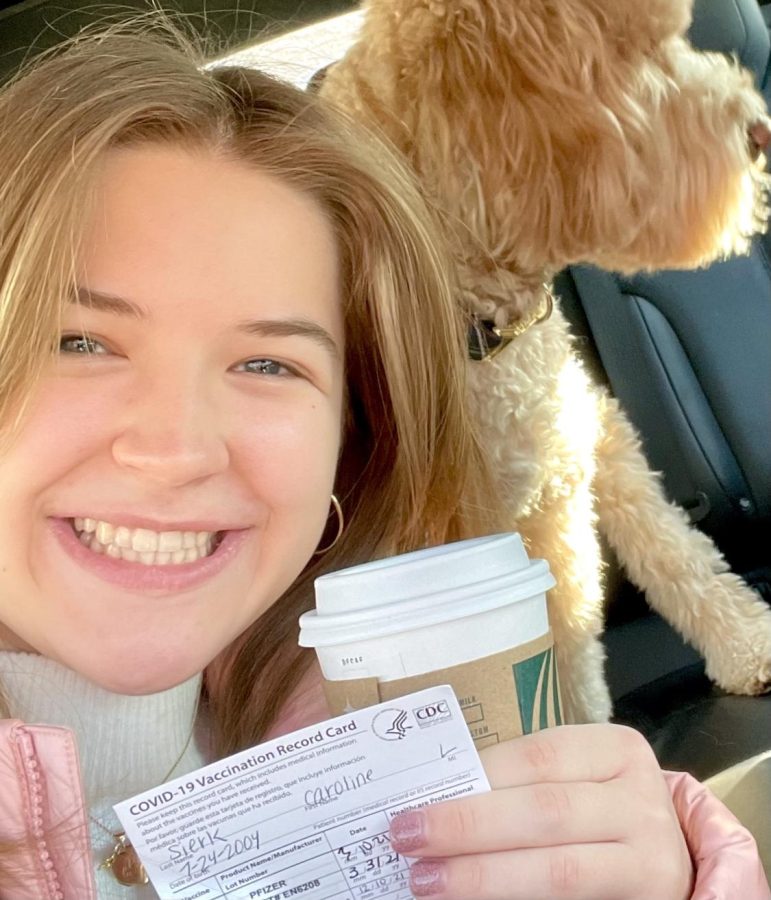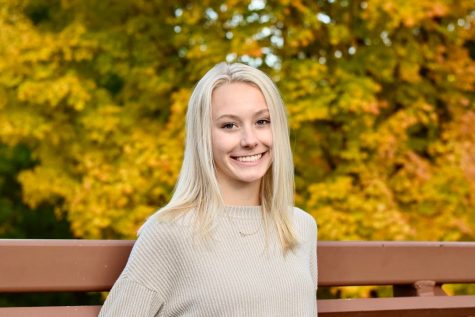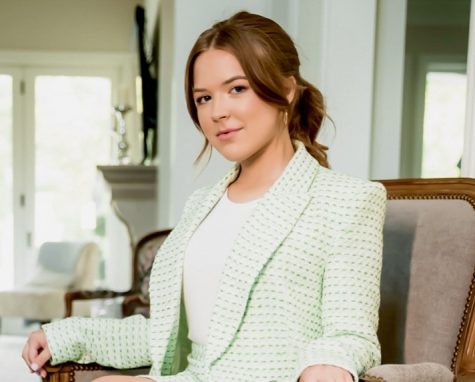Vaccines have been around since 1798 but have become a hot topic as of late with the prevalence of the COVID-19 virus. Though there are different types of vaccines, new messenger RNA (mRNA) technology used in the COVID-19 vaccines could be the most innovative and useful method of vaccination ever created.
Two of the vaccines developed, one from Pfizer and other from Moderna, were groundbreaking in the world of microbiology with new mRNA technology implemented. mRNA vaccines require part of a viral protein, typically taken from the virus’s outer membrane, and introduce this corresponding mRNA into a cell.
The cell can then use the sequencing from the mRNA to create viral proteins, which the immune system recognizes as foreign and works to create antibodies against. When the viral protein is dismantled, antibodies continue to remain in the body, meaning they will be able to quickly fight the same virus protein if it becomes present in the body once again.
The quick creation of COVID vaccines resulted in uncertainty from the public; however, mRNA technology has been studied for decades. These vaccines are optimal for world health crises like the COVID-19 pandemic as they can be developed in a lab using “readily available materials” and “can be developed and produced in large quantities faster than other methods,” according to the CDC.
“The COVID vaccines were developed in very unprecedented times and under very different rules,” infectious disease doctor Bert Lopransi stated. Though he acknowledged the COVID vaccines have taken an untraditional pathway, Lopransi was reassured by their success. “It opens the door to other viruses and potentially accelerates [research] because COVID has basically proven that this technology is safe,” he said.
While the new vaccines have been vital in slowing the spread of COVID-19, the impact of their mRNA technology has the potential to break scientific barriers with other diseases, as well. The success of Moderna’s COVID vaccine entailed further trials with a possible Human Immunodeficiency Virus (HIV) vaccine.
The HIV vaccine works in essentially the same fashion, but instead of the antibodies targeting viral proteins found in the COVID virus, the vaccine is designed to create antibodies that fight Env and Gag, two proteins found in the HIV virus. While the entire process is much more complicated than simply targeting two proteins, the new mRNA technology may have provided scientists with the missing piece of this complex puzzle.
Senior Harper Clark, who has been active in the science department throughout her high school years, is enthusiastic about new vaccine developments but fears for the backlash they may encounter. “Vaccines are some of the greatest accomplishments in health and science history. We are truly able to fight diseases and avoid a lot of death,” she said. “My fear is that even if these vaccines are developed, some people still question their legitimacy and say they don’t know the lasting effects, regardless of testing.”
Moderna’s research and trials have shown promising results in mice and nonhuman primates, and according to the National institute of Health, “the novel vaccine was safe and prompted desired antibody and cellular immune responses against an HIV-like virus.” The vaccine is currently in Phase I, and human participants have received doses as part of the trials.
The new development is exciting, but Lopransi warned that the public should not expect to see a new vaccine too soon. “Normally, a vaccine trial would take 2-3 years to even complete, and then the regulatory process takes time. Optimistically, it would be about 5 years to get a candidate vaccine through, and then there’s the rollout process,” he said.
Although the new HIV vaccine is still in early trial stages, its similar mRNA technology has proven its abilities by fighting the current pandemic. As scientists dig deeper into mRNA vaccinations for viruses such as COVID-19 and HIV, perhaps the same technology will lead us to solutions for tropical viruses such as Zika and even for cancers in the future.










